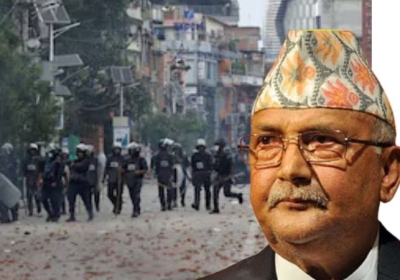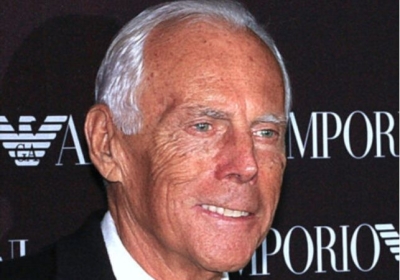Nepal Government Lifts Ban on Social Media Apps After Protests by Gen-Z turned violent


Nepal Government Lifts Ban on Social Media Apps After Protests by Gen-Z turned violent
Digital Desk: Following Gen Z-led protests that descended into violence and clashed with the police, killing 19 people, the Nepali government decided late at night to lift the ban on social media apps.
Prithvi Subba Gurung, Nepal's Minister of Communication, Information, and Broadcasting, declared that the government had reversed its previous decision to outlaw social media platforms.
Mr. Gurung added, though, that the government has no regrets about its previous choice to shut down the social media sites.
In order to investigate the violence that day, the cabinet also established an investigation committee. It has been given 15 days to get a report ready.
Prime Minister KP Sharma Oli claimed during the cabinet briefing that X, one of the social media sites that was prohibited, had reacted in a way that disregarded Nepal's sovereignty.
As per the minister, X had declared it would not register in Nepal at all.
"This was what we had been saying for a year and a half. We had requested that they be listed. We had requested that they abide by the laws of Nepal. Respecting our national sovereignty is the issue," Prime Minister Oli stated.
In an effort to curb abuse, Nepal's government last week blocked access to a number of social media sites after the businesses failed to register by the deadline.
Facebook, Instagram, WhatsApp, Alphabet's YouTube, China's Tencent, Snapchat, Pinterest, and X are among the platforms that have been banned, according to local media.
Authorities enforced a curfew around the parliament building after protesters broke a police barricade in an attempt to enter the legislature.
With anti-corruption slogans in hand, protesters marched through Kathmandu, denouncing Prime Minister KP Sharma Oli's administration for ignoring widespread corruption and pointing to multiple instances involving officials.
Videos exposing alleged government corruption have gone viral in response to recent social media bans, such as a temporary ban on TikTok and a ban on Telegram.
The government, according to protesters, is afraid of global anti-corruption movements. The UN has demanded an open inquiry into the violence.








